AP photo
By
Ratnesh Dwivedi
One of the largest military engagements the United States has been involved in after the second world war is in Afghanistan. The war in Afghanistan began on 7 October 2001 as the armed forces of the United States, United Kingdom, Australia, France, and the Afghan United Front (Northern Alliance) launched Operation Enduring Freedom.
Following the September 11 attacks on the US, the George W. Bush administration organized an allied invasion to dismantle the terrorist organization and end its use of Afghanistan as a base. In other words, the US’s identity is at stake in the Afghan war.
In the almost one and half decade long war in Afghanistan the United States has hardly achieved anything and despite a heavy deployment of armed forces it is almost a game spinning out of control. And that is why the US has changed its policy towards Afghanistan multiple times.
Photo: John Moore
The policy toward Afghanistan notably changed after the 1998 US embassy bombings. Subsequently, Osama bin Laden was indicted for his involvement in the bombings.
In 1999 both the US and the United Nations enacted sanctions against the Taliban via United Nations Security Council Resolution 1267, which demanded the Taliban surrender Osama bin Laden for trial in the US and close all terrorist bases in Afghanistan. Critics maintain that the bombing and invasion of Afghanistan were not legitimate self-defence under Article 51 of the UN Charter because the 9/11 attacks were not “armed attacks” by another state, but were perpetrated by non-state actors. They said these attackers had no proven connection to Afghanistan or the Taliban rulers. Such critics have said that, even if a state had made the 9/11 attacks, no bombing campaign would constitute self-defense. They interpreted self-defence to be actions that were “instant, overwhelming, leaving no choice of means, and no moment for deliberation.”
Photo: Scott Olson
War in Afghanistan also led to heightened tension with an old ally and partner in the so called ‘War on Terror’, Pakistan. It was at its peak when several Pakistan Frontier Corps soldiers were killed and wounded by a US piloted aircraft which claimed that it was pursuing Taliban forces near the Af-Pak border. As a result Pakistan closed Torkham ground border crossing to NATO supply convoys for an undefined period of time. The confused policy towards Afghanistan also led the US government to increase and decrease the number of troops deployed in Afghanistan. The troops were the first wave of an expected surge of reinforcements originally ordered by George W. Bush and increased by Barack Obama. It was announced by the Obama administartion that 17,000 additional troops would be deployed to the country in two brigades and additional support troops. On 22 June, 2011 President Obama addressed the nation from the White House and announced that 10,000 troops would be withdrawn by the end of 2011 and an additional 23,000 troops would leave the country by the summer of 2012.
The United States has paid a huge monetary price for its Afghanistan war. The cost of the war was reportedly a major factor as US officials considered withdrawing troops in 2011.
A March 2011 Congressional Research Service report notes the following about Operation Enduring Freedom (OEF) in Afghanistan:
1) Following the Afghanistan surge announcement in 2009, the Defense Department spending on Afghanistan had increased 50%, going from $4.4 billion to $6.7 billion a month. During that time, troop strength had gone from 44,000 to 84,000, and was expected to be at 102,000 for the fiscal year 2011;
2) The total operational cost for Afghanistan from the beginning of the conflict in 2001 through 2006 only slightly exceeds the amount spent in 2010 alone – $93.8 billion. The projected total cost relating to Afghanistan from the inception to the fiscal year 2011 was expected to be $468 billion.
War in Afghanistan has also allowed the US public to develop a negative opinion first for President George W Bush and then for President Obama.
The war has repeatedly been the subject of large protests around the world starting with the large-scale demonstrations in the days leading up to the official launch of Operation Enduring Freedom under George W. Bush in October 2001 and every year since. Many protesters consider the bombing and invasion of Afghanistan to be unjustified aggression.
Photo: AP
Prof. Noam Chomsky feels that America’s indulgence in war in the Middle East is not only reason for America’s decline. It started much earlier, and the rise of India and China as strong economies is also a point America can no longer ingnore. Prof Chomsky is a famed thinker, media philosopher and Professor at MIT. In one of his articles about America’s slow decline, which he feels is quite evident, he says, “American decline is real, though the apocalyptic vision reflects the familiar ruling class perception that anything short of total control amounts to total disaster. Despite the piteous laments, the US remains the world dominant power by a large margin, and no competitor is in sight, not only in the military dimension, in which of course the U.S. reigns supreme.”

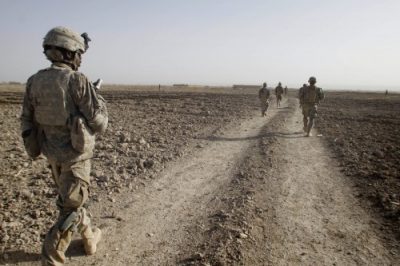
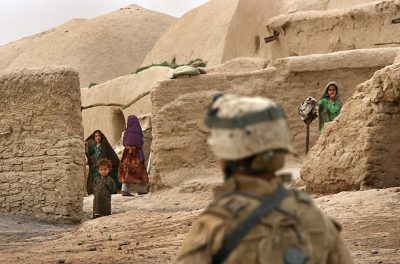
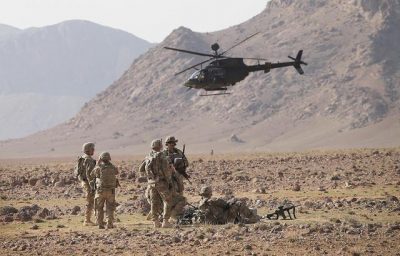
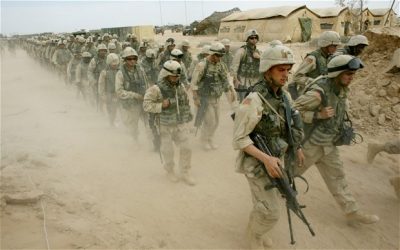
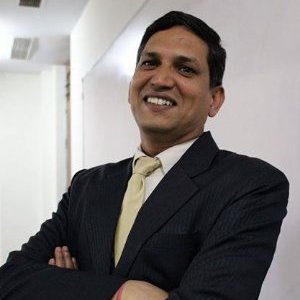
No Comments Yet!
You can be first to comment this post!